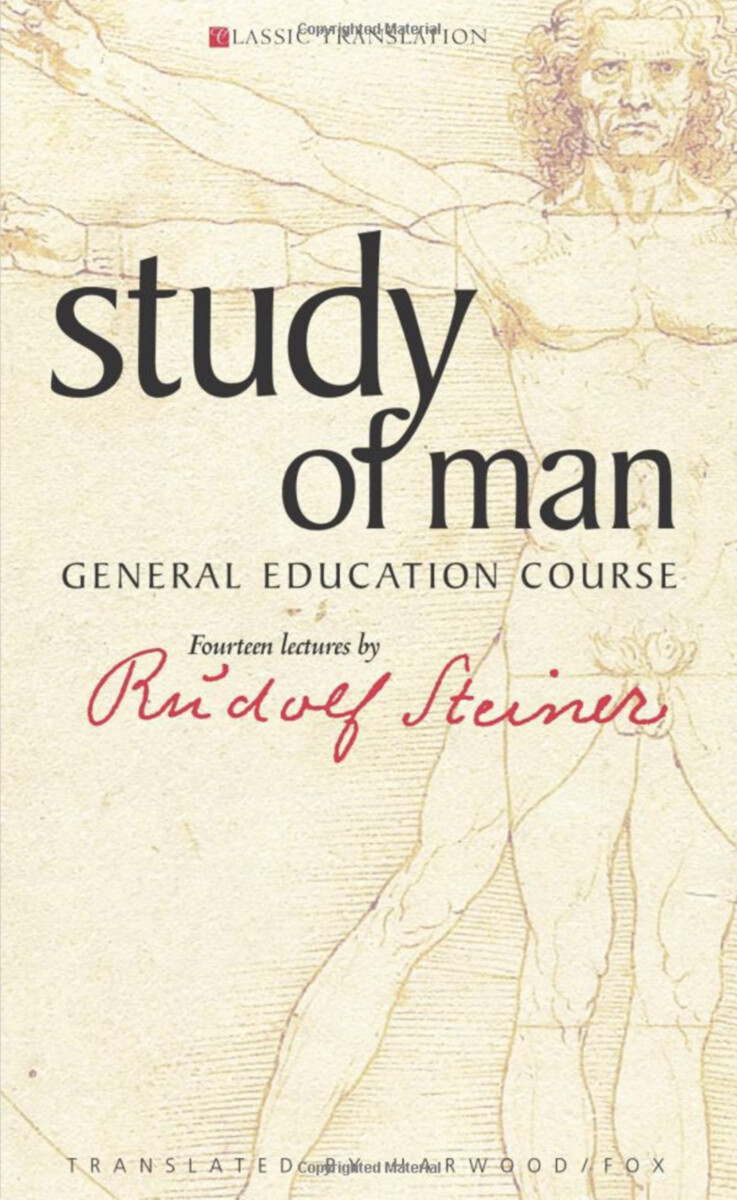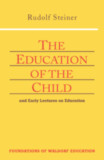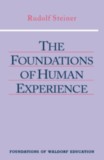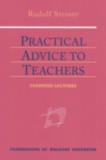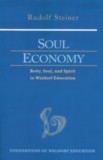Study of Man
General Education Course (CW 293)
- Publisher
Rudolf Steiner Press - Published
1st May 1995 - ISBN 9781855841871
- Language English
- Pages 192 pp.
- Size 5.5" x 8.5"
14 lectures, Stuttgart, August 20 – September 5, 1919 (CW 293)
Although these lectures were given to teachers as preparatory material, they are by no means concerned only with education. Study of Man is Steiner’s most succinct presentation of his human-centered spiritual psychology, and it is accessible to anyone genuinely interested in the questions of human existence. His approach is unique because it considers not only the influences that affect humanity from the past, but also future states of consciousness and being.
Reprinted here in the original “classic” translation by A.C. Harwood and Helen Fox, these lectures were given in 1919 to the teachers of the Waldorf school in Stuttgart—the first to be based on the educational ideas of Rudolf Steiner. After eighty-five years of Waldorf education—and exponential growth around the world—this volume remains the basic study text for teachers in Steiner schools. As well as providing a basis for the work of educators, Study of Man will be of special interest to parents, counselors, psychologists, and students of Rudolf Steiner’s philosophy—for whom this volume provides a fundamental picture of the human being according to the anthroposophic understanding of the world.
This book is a translation of Allgemeine Menschenkunde als Grundlage der Pädagogik (GA 293), published by Rudolf Steiner Nachlassverwaltung, Dornach.
Rudolf Steiner
Rudolf Steiner (b. Rudolf Joseph Lorenz Steiner, 1861–1925) was born in the small village of Kraljevec, Austro-Hungarian Empire (now in Croatia), where he grew up. As a young man, he lived in Weimar and Berlin, where he became a well-published scientific, literary, and philosophical scholar, known especially for his work with Goethe’s scientific writings. At the beginning of the twentieth century, he began to develop his early philosophical principles into an approach to systematic research into psychological and spiritual phenomena. Formally beginning his spiritual teaching career under the auspices of the Theosophical Society, Steiner came to use the term Anthroposophy (and spiritual science) for his philosophy, spiritual research, and findings. The influence of Steiner’s multifaceted genius has led to innovative and holistic approaches in medicine, various therapies, philosophy, religious renewal, Waldorf education, education for special needs, threefold economics, biodynamic agriculture, Goethean science, architecture, and the arts of drama, speech, and eurythmy. In 1924, Rudolf Steiner founded the General Anthroposophical Society, which today has branches throughout the world. He died in Dornach, Switzerland.


